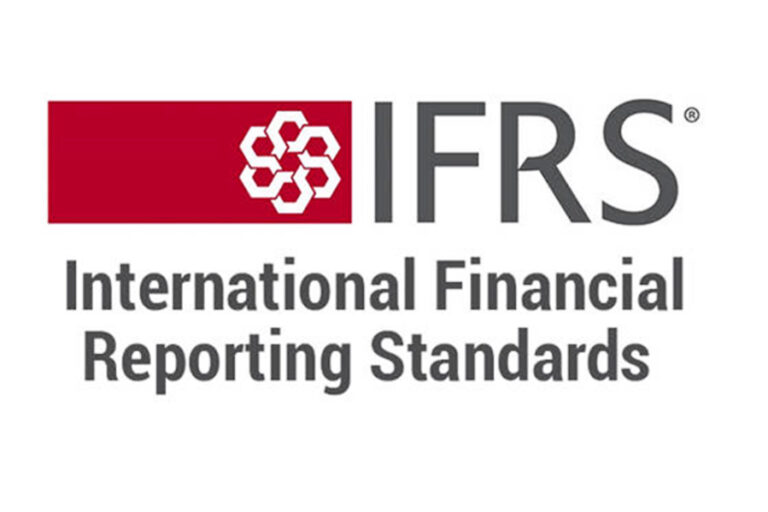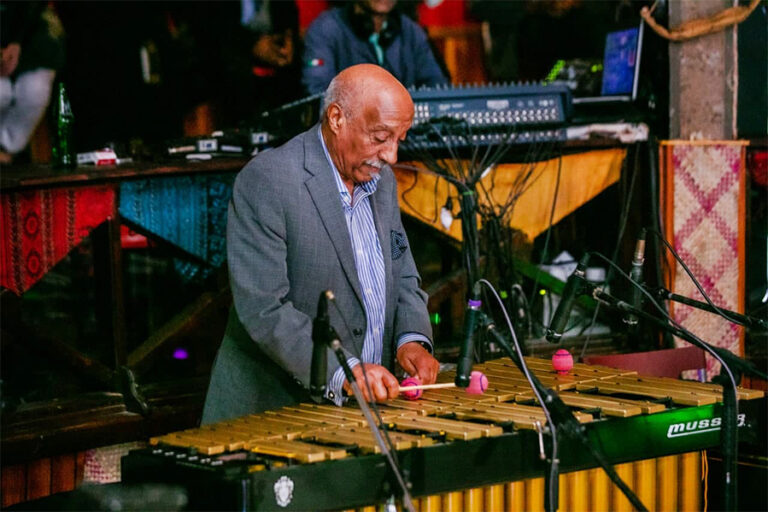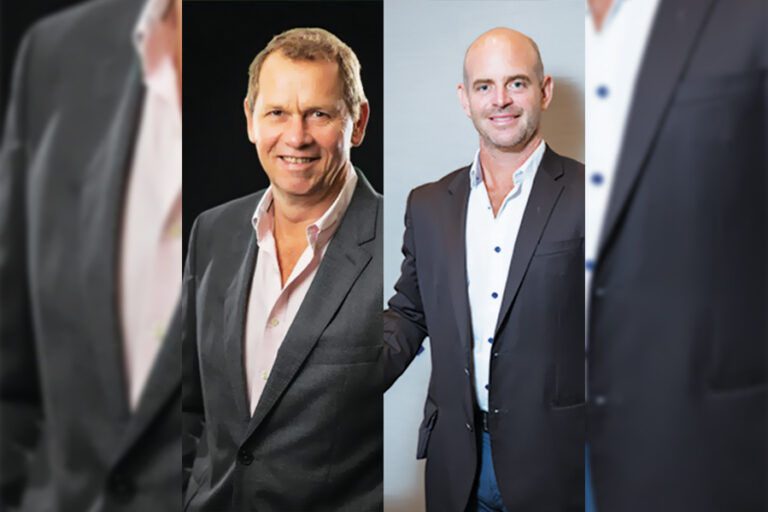Is revaluation of fixed assets mandatory?
It is known that Ethiopia has formally adopted International Financial Reporting Standards (IFRS) as its financial reporting framework. This article intends to clarify whether revaluation of Property, Plant and Equipment (PPE), customarily known as fixed assets, is mandatory or not. This is because not only of the fact that the revaluation process requires entities to incur extra costs but also, probably most importantly, because there is inconsistency and confusion among finance executives and disagreements with external auditors whether to revalue the PPEs or not. Besides, there are very few individuals qualified to conduct the revaluation process. As a result, I thought it would be apt to accentuate the quandaries related with revalation.
Fixed assets, officially known as Property, Plant and Equipment (PPE) by IFRS, are assets held by an enterprise for the purpose of producing goods or rendering services, as opposed to being held for resale in the normal course of business. PPEs include machines, buildings, motor vehicles, office equipment, furniture and fixtures, etc.
In finance, a revaluation of fixed assets is an action that may be required to accurately describe the true value of the capital goods a business owns. This should be distinguished from planned depreciation, where the recorded decline in value of an asset is tied to its age.
What does revaluation mean?
Revaluation is the positive difference between an asset’s fair market value and its original cost, minus depreciation, primarily performed to reflect the current market value of the asset. This does not mean that the current market value of an asset is always necessarily greater than its carrying amount, (its cost less accumulated depreciation less any accumulated impairment).
Why do we revalue assets?
The purpose of a revaluation is to bring into the books the fair market value of fixed assets. This may be helpful in order to decide whether to invest in another business or to prepare one or more of business’s assets for sales negotiations.
Other uses of revaluation also includes:
To show the true rate of return on capital employed;
To conserve adequate funds in the business for replacement of fixed assets at the end of their useful lives (provision for depreciation based on historic cost will show inflated profits and lead to payment of excessive dividends);
To show the fair market value of assets which have considerably appreciated since their purchase such as land and buildings;
To negotiate fair price for the assets of the company before merger with or acquisition by another company;
To issue shares to existing shareholders;
To get fair market value of assets, in case of sale and leaseback transaction;
When the company intends to take a loan from banks/financial institutions by mortgaging its fixed assets;
Sale of an individual asset or group of assets; and
To decrease the leverage ratio (the ratio of debt to equity).
Is revaluation mandatory under IFRS?
In IFRS, the accounting for fixed assets is covered as provided in IAS 16 ‘Property, Plant and Equipment’ (PPE). Apart from usual definition of key terminologies related with PPEs and the presentation and disclosure requirements, the standard specifies the recognition criteria and initial and subsequent measurements of PPEs. Whether to revalue PPEs or not is a question of subsequent measurement.
As per IAS 16, PPEs are initially (upon recognition) measured at cost. The most common malpractice in Ethiopia, however, is the meaning we associate with ‘cost’. Most accountants in Ethiopia consider cost to be only invoice price. Yet, it goes far beyond that, including all costs that are directly attributable to the acquisition and/or construction of the asset until it is made readily available for use. It even includes certain borrowing costs and future costs of dismantling the asset and site restoration.
IAS 16 permits the choice of two alternative treatments in respect of subsequent measurement of PPEs:
The cost model (carry an asset at cost less accumulated depreciation/impairments); or
The revaluation model (carry an asset at its fair value at the revaluation date less subsequent accumulated depreciation and accumulated impairment).
Hence, revaluation of PPE as per IFRS is an accounting policy choice, never mandatory.
However, the key to note is the provision and guidance of IAS 8 re choice of accounting policy. Accounting policy shall be chosen not arbitrarily, not because it is simple or requires lesser cost, but because it is believed that the chosen alternative results in relevant and reliable financial information to be used by readers of the financial statements to make informed decisions.
Therefore, we revalue PPEs in Ethiopia not because the adoption of IFRS compels us, rather because the ever sky rocketing costs of acquiring and/or constructing PPEs, coupled by accelerated depreciation rates (to conform with the tax laws) used by most reporting entities, leaves us no option, but to revalue voluntarily (at least for major classes of PPEs such as buildings, motor vehicles and machineries, if not necessarily for all) so that our financial reports will show those relevant and reliable financial information the users so desire.
If the revaluation policy is adopted, this should be applied to all assets in the entire class/category (not necessarily to all PPEs owned by the entity), i.e, if you revalue a vehicle, you must revalue all motor vehicles owned by the entity. Thence, IAS 16 allows us to use revaluation model for same classes of PPES and cost model for other classes, depending on the nature of the assets and the prevailing market condition.
Revaluations must also be carried out with sufficient regularity (how regular is a matter of professional judgment, substantiated with satisfactory rationale) so that the carrying amount does not differ materially from that which would be determined using fair value at the reporting date. Note that revaluation model is different from fair value model (used for assets such as biological assets, except bearer plants), which requires revaluation at the end of every reporting period.
Conclusion
Given the current market and inflation trend in Ethiopia, revaluation of land (right of use), buildings, motor vehicles and machineries is a practical obligation. If not done, auditors should challenge the preparers of financial statements and get reasonable assurance that the accounting policy choice is in conformity with the requirement of IAS 8.S 16 Property, Plant and Equipment outlines the accounting treatment for most types of property, plant and equipment. Property, plant and equipment is initially measured at its cost, subsequently measured either using a cost or revaluation model, and depreciated so that its depreciable amount is allocated on a systematic basis over its useful life.
IAS 16 Property, Plant and Equipment outlines the accounting treatment for most types of property, plant and equipment. Property, plant and equipment is initially measured at its cost, subsequently measured either using a cost or revaluation model, and depreciated so that its depreciable amount is allocated on a systematic basis over its useful life.
IAS 16 was reissued in December 2003 and applies to annual periods beginning on or after 1 January 2005.
IAS 16 Property, Plant and Equipment outlines the accounting treatment for most types of property, plant and equipment. Property, plant and equipment is initially measured at its cost, subsequently measured either using a cost or revaluation model, and depreciated so that its depreciable amount is allocated on a systematic basis over its useful life.
IAS 16 was reissued in December 2003 and applies to annual periods beginning on or after 1 January 2005.









